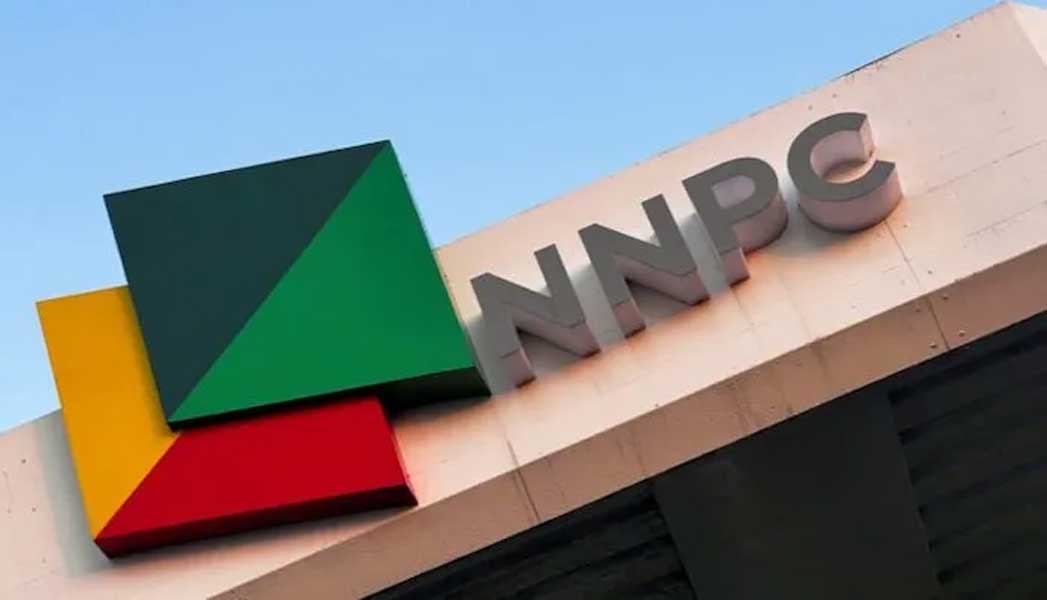NASS Is Independent, Not Executive ‘Rubber Stamp’ – Senate Tells Opposition

The Senate has strongly pushed back, defending its record of scrutiny, public engagement, and legislative independence rejecting the label by the opposition that the National Assembly is a rubber-stamp of the executive.
Addressing journalists in Abuja on Sunday, Senate Leader Senator Opeyemi Bamidele (APC, Ekiti Central) dismissed the allegations by leading opposition parties — including the Peoples Democratic Party (PDP), Labour Party (LP), and the New Nigeria Peoples Party (NNPP) — as “baseless rhetoric not grounded in legislative reality.”
“If we were truly a rubber stamp, as claimed, major bills from the executive would be passed within days of submission,” Bamidele said.
“But the reality is different — the National Assembly has consistently embraced strategic engagement, critical scrutiny, and national consultation.”
He cited the example of the Tax Reform Bills, 2024, which he said underwent over 39 formal engagements between lawmakers, executive officials, industry stakeholders, civil society, and traditional institutions before final passage.
“These engagements took place over six months. It was not just about debating on the floor; we held closed-door meetings, public hearings, and cross-sector consultations to resolve every grey area,” Bamidele explained. “That is not what a rubber stamp does.”
Bamidele noted that from the very outset of the 10th National Assembly, inaugurated on June 13, 2023, the legislature adopted a model of strategic collaboration rather than unnecessary confrontation with the executive.
He said this model was informed by the need to address Nigeria’s deep structural challenges in a pragmatic and results-oriented manner.
“We are not in parliament to grandstand or trade political blows. We are here to legislate for the peace, order, and good governance of the nation,” he said.
The Senate Leader argued that the rubber-stamp label was often applied without evidence, mostly as a political talking point. He said opposition parties rarely acknowledged the legislative diligence and robust oversight that the Assembly exercises.
“Those making these accusations are unaware of the sacrifices and time-consuming processes that take place behind the scenes,” Bamidele noted.
“We interact with captains of industry, civil society organisations, faith-based groups, and leaders of thought before finalizing critical bills.”
He added that even contentious issues within the Tax Reform Bills were debated and amended with the input of multiple stakeholders before passage.
“If speed was our goal, we would have passed the bills in two weeks. Instead, we took six months because we listened and adjusted based on public interest,” he added.
Senator Bamidele further referenced the 2025 Appropriation Act, submitted to the National Assembly on December 18, 2024, and not passed until February 13, 2025 — well beyond the year-end deadline — as further proof of the Assembly’s insistence on due diligence over political expediency.
“We had every reason to rush the process in order to sustain the January-to-December budget cycle, which has become our norm. But we didn’t. Every committee met with heads of agencies to scrutinize figures, justify projections, and ensure fiscal accountability,” he stated.
Despite mounting public pressure and criticism, Bamidele affirmed that the 10th National Assembly would remain committed to legislative integrity and democratic values.
He said the institution is not swayed by “cheap political labels” but driven by a clear sense of constitutional responsibility.
“We are working in the interest of the people. Every law, every budget, and every motion is rooted in the overriding public interest,” he said. “It’s not about making noise but making a difference.”
He urged critics, particularly opposition politicians, to embrace constructive engagement and contribute meaningfully to national development, rather than resort to simplistic narratives.
“Let’s raise the standard of our national conversation. The challenges Nigeria faces are too serious for partisan name-calling,” Bamidele concluded.
NASS Is Independent, Not Executive ‘Rubber Stamp’ – Senate Tells Opposition is first published on The Whistler Newspaper





